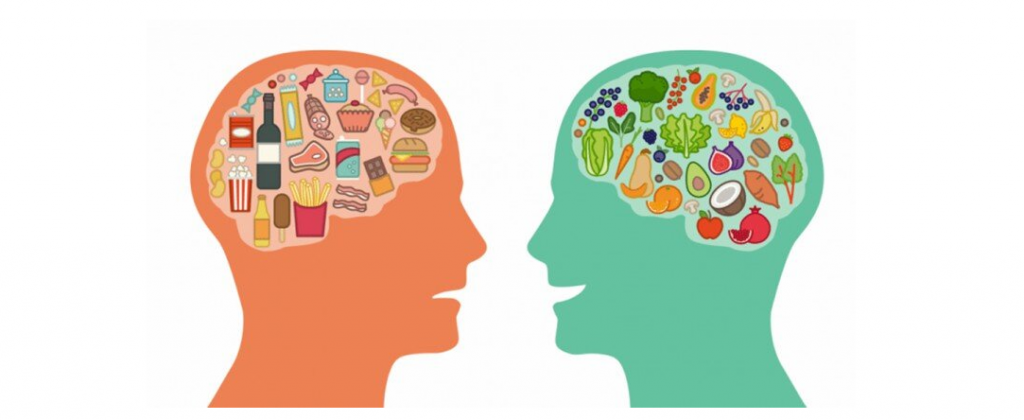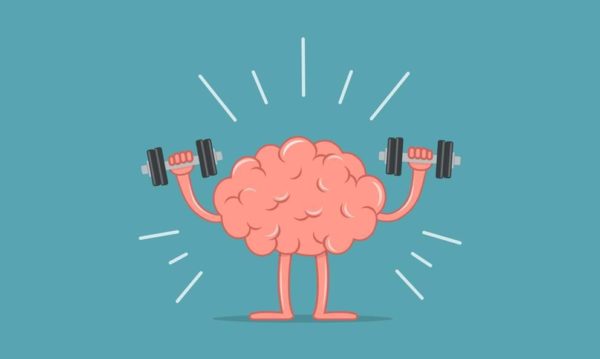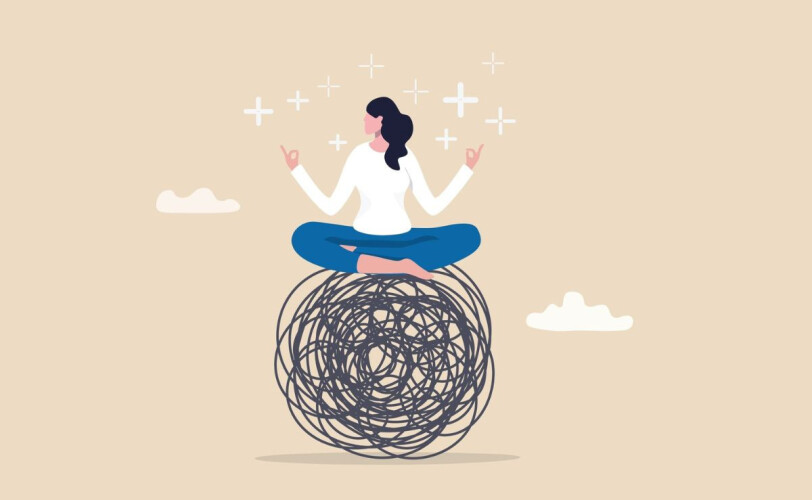In the vast landscape of self-care and well-being, the role of nutrition in maintaining and promoting mental health often goes unnoticed. From fueling our brain cells to regulating our mood, the impact of the foods we consume on our mental well-being is profound. In this article, we delve into the intricate connection between nutrition and mental health, exploring how our dietary choices can have tangible effects on our overall well-being. Join us on a journey through the fascinating intersection of food and mood, and discover the transformative power of nourishing both body and mind.

Nutrition and Mental Health: A Complex Relationship
Research has shown a clear connection between nutrition and mental well-being. Our diet and the foods we consume have a significant impact on our mood, cognitive function, and overall mental health. It’s not just about physical health, but also about how our brain functions and our emotional well-being.
Some key nutrients that play a vital role in supporting mental health include:
- Omega-3 fatty acids: Found in fish, flaxseeds, and walnuts, these fats are essential for brain health and function.
- Vitamin D: Important for regulating mood and warding off depression, you can get Vitamin D from sunlight, fortified foods, and supplements.
- Antioxidants: Found in fruits, vegetables, and nuts, antioxidants help protect the brain from oxidative stress and inflammation.
On the other hand, a diet high in processed foods, sugar, and unhealthy fats can lead to inflammation in the body and brain, affecting our mental well-being. Making small changes to incorporate more whole foods, lean proteins, and healthy fats into our diet can have a significant impact on our mental health and overall well-being.
The Role of Nutrients in Supporting Emotional Balance
Our mental well-being is intricately connected to the nutrients we provide our bodies. The foods we eat play a vital role in supporting emotional balance, and deficiencies in certain nutrients can have a significant impact on our mood and overall mental health. By understanding the impact of nutrition on our mental well-being, we can make informed choices to support our emotional health.
Key nutrients that play a role in supporting emotional balance include:
- Omega-3 fatty acids: Found in fatty fish, flaxseeds, and walnuts, omega-3 fatty acids have been linked to improved mood and reduced symptoms of depression.
- Magnesium: An essential mineral that helps regulate neurotransmitters in the brain, magnesium can help reduce anxiety and promote relaxation.
- Vitamin D: Known as the “sunshine vitamin,” vitamin D is important for regulating mood and may help prevent seasonal affective disorder.
| Nutrient | Food Sources |
|---|---|
| Omega-3 fatty acids | Fatty fish, flaxseeds, walnuts |
| Magnesium | Spinach, almonds, avocados |
| Vitamin D | Sunlight, fatty fish, fortified foods |
By incorporating a variety of nutrient-rich foods into our diets, we can support our emotional well-being and promote overall mental health. Making small changes to prioritize these key nutrients can have a profound impact on our mood, energy levels, and ability to cope with stress. Remember, what we eat not only affects our physical health but also plays a crucial role in maintaining a balanced and healthy mind.
Key Nutritional Recommendations for Improving Mental Well-being
When it comes to improving mental well-being, nutrition plays a crucial role in maintaining a healthy mind. Consuming the right foods can have a significant impact on our mood, cognitive function, and overall mental health. Here are some key nutritional recommendations to consider:
- Omega-3 Fatty Acids: Foods rich in omega-3 fatty acids, such as salmon, walnuts, and chia seeds, can help reduce symptoms of depression and anxiety.
- Probiotics: Gut health is closely linked to mental health. Incorporating probiotic-rich foods like yogurt and kimchi can support a healthy gut microbiome, which in turn can benefit your mood.
- Antioxidants: Antioxidant-rich foods like berries, dark chocolate, and green tea can help protect the brain from oxidative stress and improve cognitive function.
It’s essential to prioritize a balanced diet that includes a variety of nutrients to support your mental well-being. Making small changes to your eating habits can have a big impact on how you feel mentally and emotionally. Remember, food is not just fuel for the body, but also for the mind.
In conclusion, the saying ‘you are what you eat’ holds true not just for your physical body, but for your mental well-being as well. The impact of nutrition on mental health cannot be overstated, as the food we consume plays a crucial role in determining our mood, energy levels, and overall cognitive function. By making mindful choices about what we put into our bodies, we can take a significant step towards achieving better mental health and overall well-being. So let’s remember to nourish our minds as well as our bodies, because a healthy diet is not just about looking good on the outside, but feeling good on the inside too.















